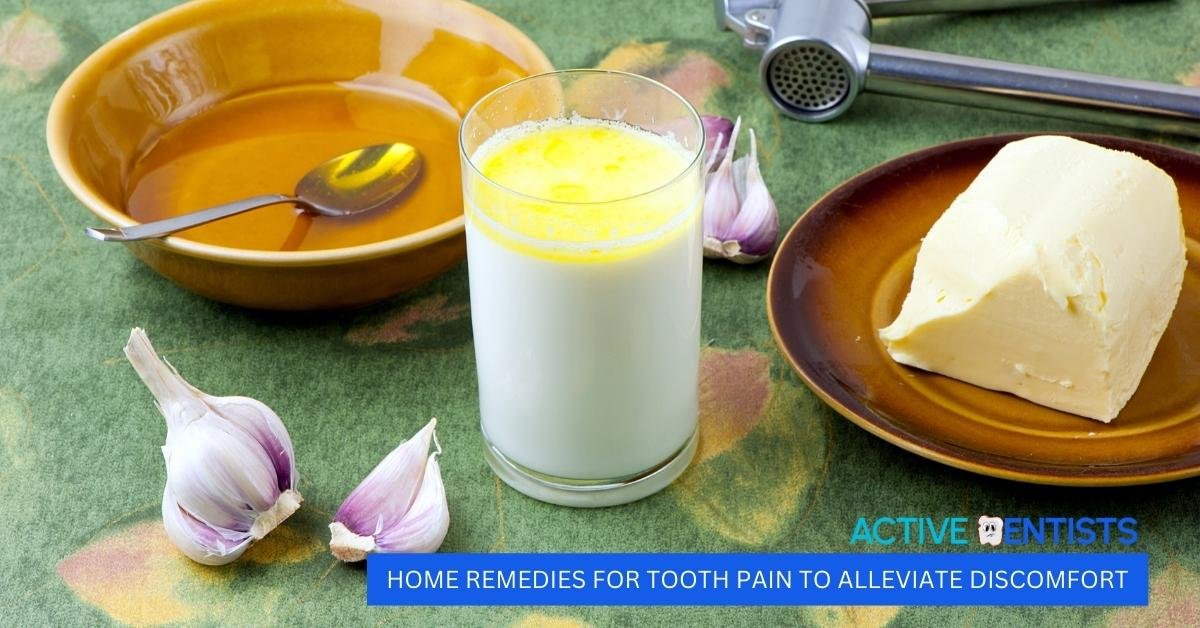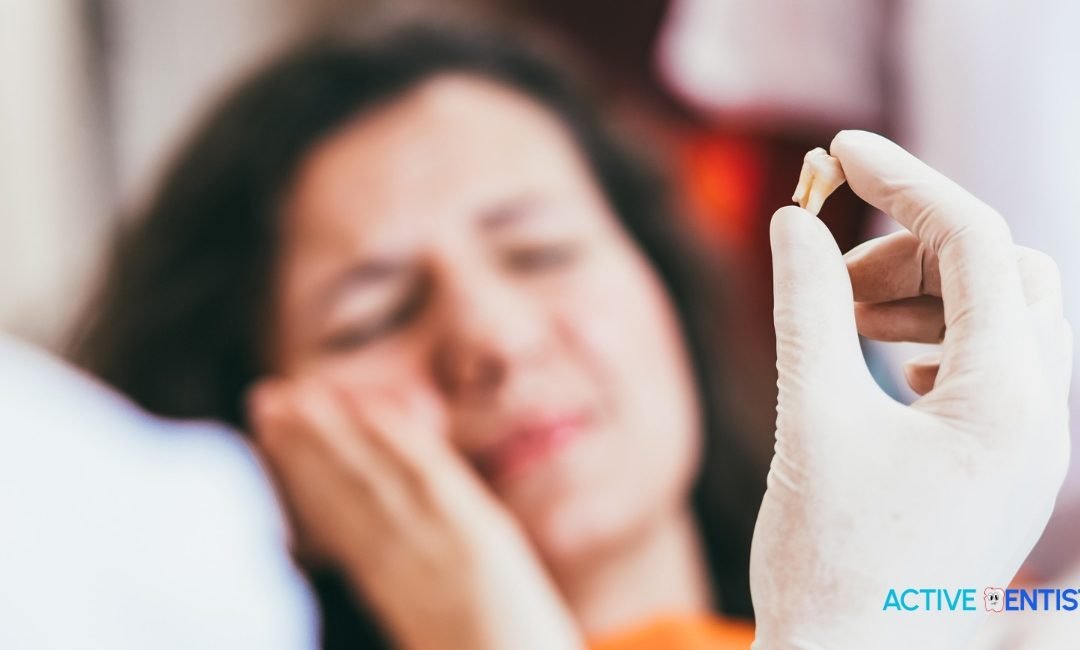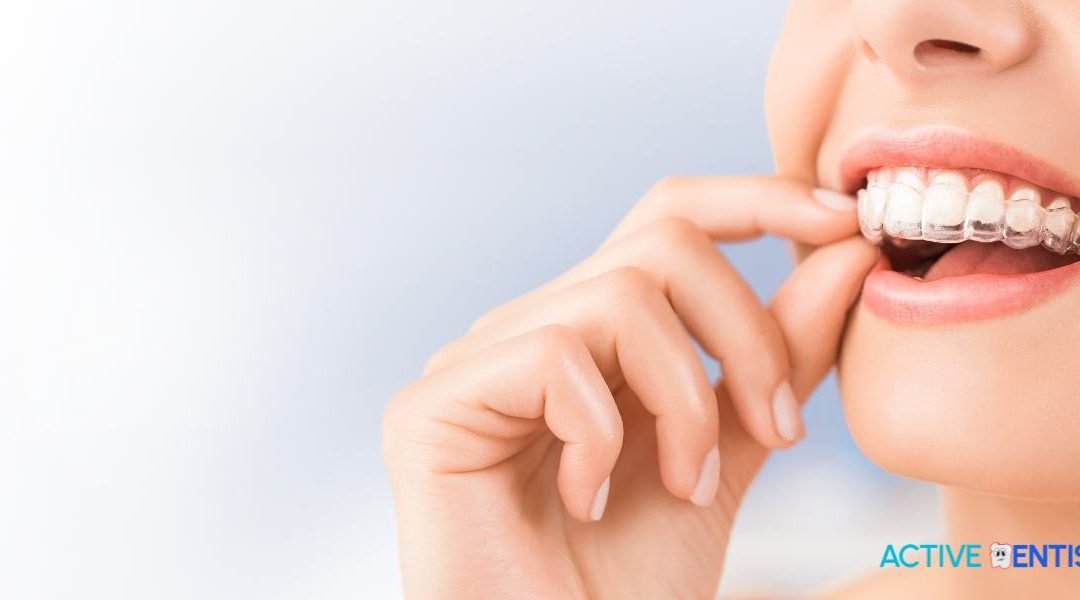Understanding Dental Health and Pain
Dental health is an essential part of our overall well-being. Pain in the teeth or gums often signifies an underlying problem that needs attention. Understanding the connection between dental health and pain can help us take better care of our oral health and prevent potential issues.
Understanding Dental Pain Causes and Solutions

Dental pain, often described as an ache or throbbing sensation in or around a tooth, can disrupt your daily life and cause significant discomfort. Understanding the potential causes behind dental pain can help you seek appropriate treatment and take preventive measures to maintain optimal oral health.
1. Tooth Decay: One of the most common causes of dental pain is tooth decay, also known as cavities. Cavities occur when bacteria in your mouth consume sugar and produce acids that erode the tooth’s enamel, forming small holes. If left untreated, the decay can extend to the tooth’s inner layers, causing a painful toothache.
2. Gum Disease: Gingivitis and periodontitis, the two stages of gum disease, can result in dental pain. Gingivitis is the inflammation of the gums due to plaque buildup, while periodontitis is a more serious condition that affects the bone supporting the teeth.
3. Abscessed Tooth: An abscessed tooth is a severe infection that occurs at the root of a tooth or between the tooth and gum. It’s usually caused by severe tooth decay or gum disease, and it can cause intense, persistent pain.
4. Tooth Fracture: A broken or cracked tooth can cause significant pain, especially when chewing or when the tooth is exposed to hot or cold temperatures. The pain may be continuous or intermittent, depending on the type and extent of the fracture.
5. Tooth Sensitivity: If you experience pain or discomfort when consuming hot, cold, sweet, or acidic foods and drinks, you may have sensitive teeth. This condition can result from enamel erosion or gum recession that exposes the tooth’s dentin layer.
6. Temporomandibular Joint Disorder (TMJ): TMJ disorders can cause pain in the jaw joint and the muscles controlling jaw movement. This pain can often feel like a toothache, leading to misdiagnosis.
7. Impacted Wisdom Teeth: Impacted wisdom teeth, which are wisdom teeth that don’t have enough room to emerge or grow, can cause pain, swelling, and discomfort.
8. Orthodontic Treatment: Braces, retainers, and other orthodontic appliances can cause soreness and discomfort in your mouth, which can often be mistaken for dental pain.
9. Sinus Infection: In some cases, dental pain isn’t related to your teeth at all. Sinus infections can cause pressure and pain in the upper teeth, as the roots of your upper molars are close to the sinuses.
Dental pain should never be ignored as it can indicate serious oral health problems that require professional treatment. If you’re experiencing dental pain, it’s crucial to schedule an appointment with your dentist to diagnose and treat the root cause of your pain.
Home Remedies for Tooth Pain: Soothe Your Ache Until Your Dental Appointment

Dental pain can be agonizing and unsettling. It can spring from various conditions such as tooth decay, gum disease, an abscess, or an impacted tooth. At times, it may strike suddenly and severely, causing immense discomfort. If you can’t see your dentist immediately, don’t despair! Here are some measures you can take at home to help manage dental pain before you visit a walk-in or emergency dentist.
Pain in Tooth Nerve
Similarly, tooth nerve pain can be quite intense and discomforting. It can be caused by tooth decay reaching down to the nerve, a tooth infection, gum disease, or damage to the tooth. While professional dental treatment is the best course of action to address the root cause, there are a few home remedies you can try to alleviate the pain until your dentist appointment.
Pain in wisdom tooth
Wisdom tooth pain can be quite disruptive, causing discomfort and difficulty in eating or talking. It’s typically caused by the eruption of the wisdom teeth, which can lead to issues like impaction, inflammation, and infection.
Remember, these tips are not permanent solutions but temporary measures to alleviate pain. They are no substitute for professional dental care. If you’re experiencing dental pain, you should see a dentist as soon as possible.
Rinse with Warm Salt Water:
Rinsing your mouth with warm salt water can help clean out an infected area and draw out some of the fluid causing swelling and pain. Dissolve half a teaspoon of salt in 8 ounces of warm water, then swish the solution around your mouth for 30 seconds before spitting it out.
Over-the-counter Pain Relievers:
Non-prescription medications like ibuprofen can be used to manage pain and inflammation. Follow the instructions on the label for proper dosage, and make sure not to exceed the recommended amount.
Topical Numbing Gels:
Over-the-counter oral gels or ointments containing benzocaine can help numb the area, providing temporary relief. Apply directly to the affected area as per the product’s instructions.
Cold Compress:
A cold compress can help reduce swelling and numb the area, alleviating pain. Apply a bag of ice wrapped in a thin cloth to the affected area for 15 minutes at a time.
Clove Oil:
Clove oil has natural analgesic and antibacterial properties. Apply a small amount of clove oil to a cotton ball and place it on the sore area for immediate relief.
Avoid Certain Foods:
If you have a toothache, avoid foods and beverages that are extremely hot, cold, sweet, or acidic, as these can exacerbate the pain. Opt for soft, lukewarm foods until you can see a dentist.
While these remedies can provide temporary relief, it’s crucial to get to a dentist as soon as you can. Dental pain often indicates an underlying issue that needs professional attention. If left untreated, what may have been a simple issue to resolve can become more complex, costly, and potentially dangerous to your overall health.
If you can’t get to your regular dentist, seek out an emergency dental clinic. Walk-in dental clinics are also a great option, as they don’t require appointments and can accommodate you based on the severity of your condition.
Remember dental hygiene plays a key role in preventing toothache and dental diseases. Regular brushing, flossing, and dental check-ups can help keep dental pain at bay.
Best Foods to Eat When Experiencing Dental Pain at Home

Dental pain at home can be significantly influenced by the type of foods you consume. Soft foods, such as mashed potatoes, scrambled eggs, oatmeal, and smoothies, require minimal chewing, easing the strain on your teeth. Cold foods like yogurt, ice cream, and cold smoothies may numb and soothe the area, but should be avoided if you’re sensitive to cold. It’s recommended to avoid hard or crunchy foods, extremely hot foods and drinks, and sugary or acidic items to prevent aggravating dental pain or causing tooth decay. Lastly, staying hydrated is critical for overall oral health, as water helps maintain a moist mouth and encourages saliva production, protecting your teeth from decay.
Food that helps in Alleviating Dental Pain Temporarily
Certain foods can potentially help alleviate dental pain temporarily, but remember, they are not a substitute for professional dental care. If you’re suffering from dental pain, it’s crucial to seek medical attention.
- Soft and Cool Foods: Soft foods are easier on your teeth and require less chewing, which can be beneficial if you’re experiencing dental pain. Similarly, cool foods like yogurt or cold fruit can help to numb the area and provide temporary relief.
- Foods High in Vitamin C: Vitamin C plays a crucial role in maintaining the health of your teeth and gums. Foods high in vitamin C, like bell peppers, strawberries, kiwis, and oranges, can support oral health and possibly alleviate some discomfort.
- Foods High in Calcium: Calcium is essential for healthy teeth. Foods like milk, cheese, and yogurt can strengthen your teeth and possibly help reduce pain.
- Anti-Inflammatory Foods: Foods rich in omega-3 fatty acids, such as salmon, chia seeds, and flaxseeds, have anti-inflammatory properties that can potentially help soothe dental pain.
While these foods might help temporarily, it’s essential to identify and treat the root cause of dental pain, which requires a visit to a dental professional. Always consult with a healthcare provider if you’re experiencing persistent pain. This information is intended for general knowledge and is not a substitute for professional dental or medical advice.
Proactive Measures for a Healthy Smile

Dental pain can be largely prevented with proper oral hygiene and care. This includes regular brushing and flossing to remove plaque, which can cause cavities and gum disease. Consuming a balanced diet rich in fruits, vegetables, lean proteins, and dairy can support oral health, while limiting sugary and acidic foods can prevent tooth decay. Regular dental check-ups allow for early detection and treatment of potential issues. Wearing a mouthguard can protect teeth from damage due to contact sports or teeth grinding, and refraining from smoking can lower gum disease risk. Staying hydrated assists in rinsing away food particles and bacteria, and avoiding chewing on hard objects prevents tooth damage and aches.
Last Note
In the end, while home remedies can be a lifesaver when a toothache strikes in the middle of the night or over the weekend, nothing replaces the expertise of a dental professional. Always make it a priority to visit a dentist when facing dental pain. They can diagnose the root cause and provide a suitable treatment plan to resolve the issue and prevent future problems.
Please note: This blog post is intended for informational purposes only. It’s not a substitute for professional medical advice, diagnosis, or treatment. Always seek the advice of your dentist or other qualified healthcare provider with any questions you may have regarding a medical condition or treatment.






